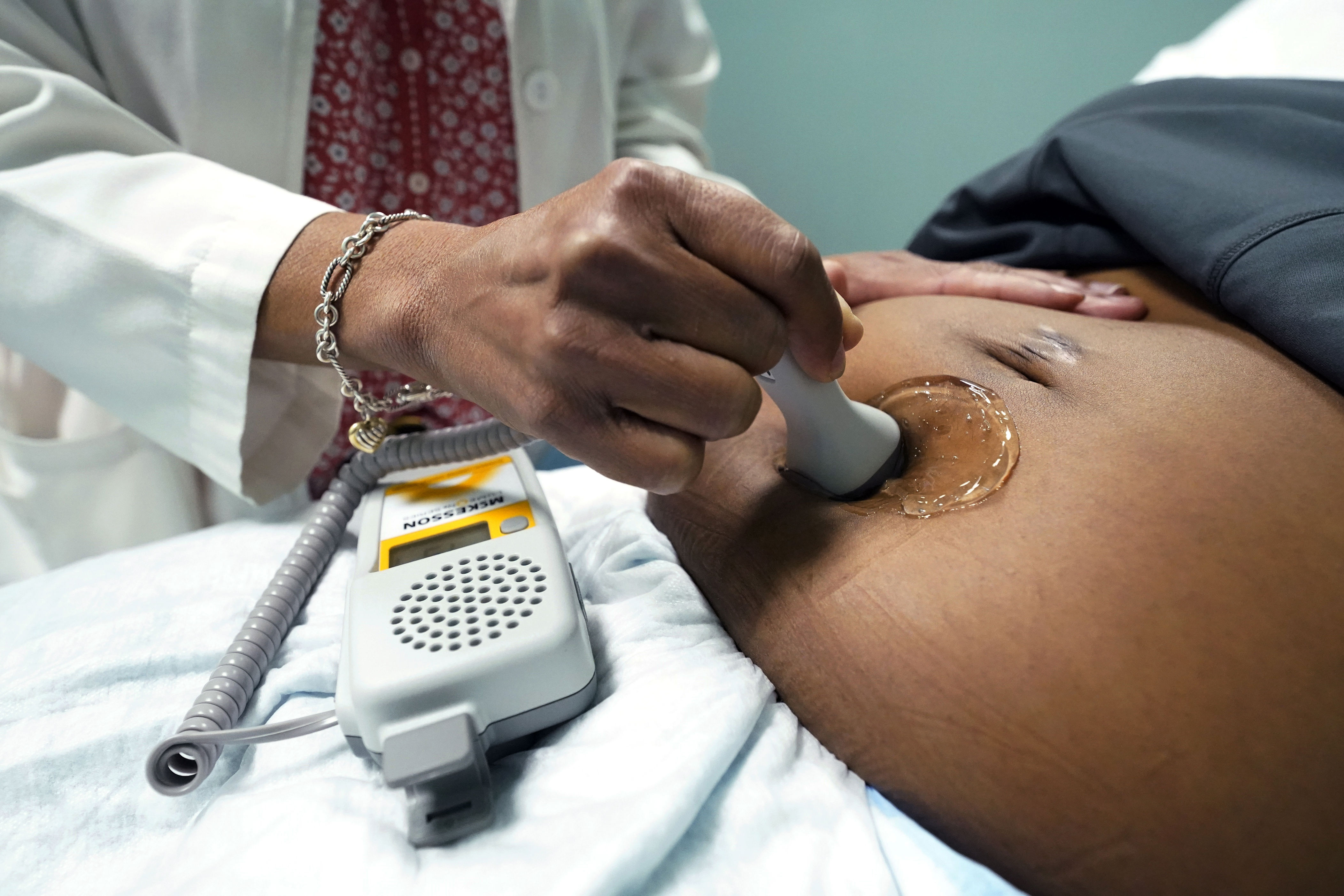Detainee Found Dead With 121 Pills as Board Highlights Systemic Failures

Overview of the Report
A recent city oversight report has revealed significant failures within the Rikers Island jail system, particularly in securing housing areas and responding to medical emergencies. The report highlights the death of 38-year-old Ramel Powell, who died on February 19 after acute intoxication from a powerful synthetic cannabinoid known as MDMB-4en-PINACA. According to the findings, Powell had 121 pills and multiple synthetic drugs in his cell at the time of his death.
The Board of Correction’s First Report and Recommendations on 2025 Deaths in Custody details the deaths of five detainees between the start of the year and March 31. These incidents have raised concerns about a "pattern of noncompliance" with safety protocols and a lack of urgency in addressing medical emergencies.
Key Findings and Failures
Powell's death is one of 11 fatalities reported this year in Department of Correction custody. The report noted that correction staff in two of the five cases did not immediately notify medical personnel when they witnessed detainees in distress. Additionally, facility commanders delayed required notifications to central DOC leadership in four of the cases. Four of the five deceased individuals had documented mental-health histories and were receiving psychiatric medication while in custody.
In the case of Powell, he was found unconscious in his cell with foam around his mouth hours after surveillance footage showed him entering another cell where people were smoking a white rolled-up object described as a joint. An officer assigned to the unit's "B" post observed the activity but did not intervene or call for medical help. When Powell was later discovered unresponsive, he showed signs of rigor mortis, indicating he had been dead for some time. He was pronounced dead at 2:14 a.m., according to correction records.
A search of his cell uncovered a rock-like substance that tested positive for the opioid Tramadol, a folder laced with synthetic cannabinoid "spice," and 121 loose and packaged pills. The officer who failed to check on Powell was suspended and later fired for dereliction of duty.
Additional Cases Highlighting Systemic Issues
Just five days after Powell's death, Terrence Moore, a 55-year-old detainee with a history of epilepsy and mental illness, collapsed and died inside a Manhattan courthouse holding pen after reportedly ingesting a pill. Witnesses told investigators that Moore appeared sluggish and began vomiting before collapsing. Correction officers responded quickly, administering three doses of Narcan and performing CPR until EMS arrived, but Moore was pronounced dead at 4:52 p.m. on February 24.
The city’s Office of Chief Medical Examiner ruled his death an accident caused by a toxic mix of synthetic cannabinoids. Moore had long struggled with serious health issues, including seizures and depression with psychotic features. He was housed at the North Infirmary Command, a Rikers jail for medically fragile detainees, and had repeatedly requested medical help in the weeks before his death.
Another case involved 20-year-old Ariel Quidone, who entered city custody on March 7, 2025, after a court-ordered psychiatric evaluation. Clinicians quickly determined he had a serious mental illness and transferred him to an observation unit at the island’s Robert N. Davoren Center. Days later, Quidone began vomiting repeatedly and showing clear signs of distress, but the officer assigned to his housing area did not call for medical attention. When a suicide-prevention aide checked on him that afternoon, Quidone was found unresponsive in his cell.
Recommendations for Reform
The board urged both the Department of Correction and Correctional Health Services (CHS), which oversees medical care, to take immediate steps to strengthen oversight. It called on CHS to guarantee that individuals moved to isolation units for medical reasons continue to receive the same level of mental observation and monitoring.
For DOC, the board proposed a sweeping list of reforms — including mandatory retraining for staff on medical emergencies, supervision, and logbook procedures; routine and unannounced contraband searches; and a shift from paper to electronic record-keeping to prevent falsification of logs.
The city’s Department of Investigations has since March 2019 pushed DOC to stop using handwritten logbooks to record incidents behind bars. The board also urged the department to expand its Video Monitoring Unit to catch lapses in real time, improve tracking of delayed incident notifications, and reinforce the requirement that staff alert superiors immediately when they spot contraband or health emergencies.
Conclusion
These reports and recommendations highlight the urgent need for systemic changes within the Rikers Island jail system. With ongoing failures in securing housing areas and responding to medical emergencies, it is clear that immediate action is necessary to prevent further tragedies. The board's findings serve as a critical reminder of the importance of accountability, transparency, and reform in the criminal justice system.



